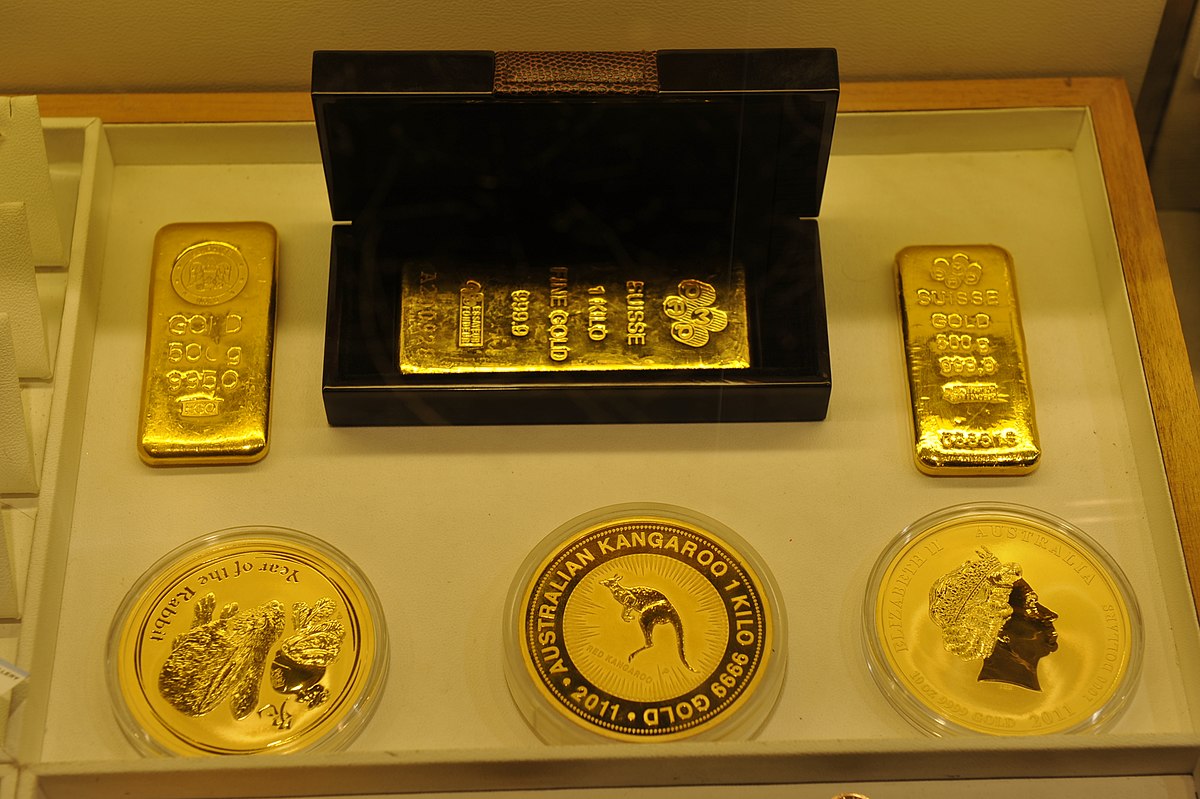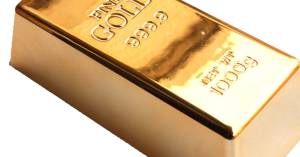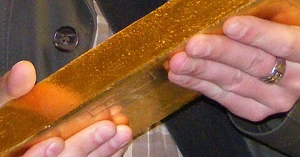Schwab Gold Commodity ETFs & Stock Quotes
Summary
- Schwab offers Gold Commodity ETFs for investors to trade gold futures without the need for physical gold.
- It's important to understand the risks involved in trading gold futures and stay informed about market trends.
- Schwab provides real-time stock quotes for Gold Commodity ETFs to help investors monitor their investments.
- ETFs are a cost-effective and accessible way to invest in gold compared to physical gold.
Introducing Schwab Gold Commodity ETFs & Stock Quotes: Unlocking the Power of Precious Metals

Trading Gold Futures: A How-To Guide
Schwab offers a range of Gold Commodity ETFs for investors looking to trade gold futures. These ETFs provide a convenient way to access the gold market without the need to buy and store physical gold. With these ETFs, investors can easily track the price of gold and take advantage of market movements.
When trading gold futures, it's important to understand the risks involved. Gold prices can be influenced by various factors, such as economic data, geopolitical events, and market sentiment. It's crucial to stay informed and keep an eye on market trends.
Schwab provides real-time stock quotes for these Gold Commodity ETFs, allowing investors to monitor their investments closely. By staying up to date with the latest market information, investors can make informed decisions and manage their risk effectively.
Whether you're a seasoned investor or new to trading gold futures, Schwab's Gold Commodity ETFs and stock quotes can help you navigate the market and make the most of your investments.
Specifications of Gold Futures Contracts
| Contract | Description |
|---|---|
| Symbol | GC |
| Exchange | COMEX |
| Contract Size | 100 troy ounces |
| Tick Size | $0.10 per troy ounce |
| Tick Value | $10 per contract |
| Contract Months | Feb, Apr, Jun, Aug, Oct, Dec |
| Last Trading Day | Third to last business day of the contract month |
| Delivery | Physically delivered |

Physical Gold vs. ETFs: Cost and Accessibility
When comparing physical gold to ETFs, cost and accessibility are important factors to consider. Physical gold often requires additional costs for storage and insurance, which can eat into potential returns. ETFs, on the other hand, eliminate these costs as they are held in a secure vault by the custodian. Accessibility is also a key advantage of ETFs. They can be easily bought and sold on the stock market, providing investors with instant liquidity. Physical gold, on the other hand, may require time and effort to find a buyer and negotiate a price.
So, if you're looking for a cost-effective and accessible way to invest in gold, ETFs can be a good option.
Investing in Gold Through Brokerages and IRAs
Investing in gold can be done through brokerages and Individual Retirement Accounts (IRAs). One option is Schwab Gold Commodity ETFs, which allow investors to gain exposure to the precious metal market. These ETFs provide market liquidity, making it easier to buy and sell gold without the need for physical possession. By investing in gold through brokerages and IRAs, investors can diversify their portfolios and potentially protect against market risk. It is important for investors to research and understand the pricing and trading process of gold before making any investment decisions. Gold has long been considered a store of value and can provide a hedge against inflation.
With its historical significance and global recognition, gold remains a popular choice for investors looking to add diversity and stability to their portfolios.
Evaluating Gold Investment Costs and Resources

| Aspect | Description |
|---|---|
| Investment Type | Commodity ETFs and Stock Quotes |
| Investment Vehicle | Schwab Gold ETF (SGOL) |
| Expense Ratio | 0.17% |
| Minimum Investment | $1,000 |
| Gold Holdings | Physical gold bullion held in vaults |
| Investment Objective | Track the price of gold |
| Liquidity | High liquidity, can be traded on stock exchanges |
| Performance Benchmark | London Bullion Market Association (LBMA) Gold Price |
| Stock Ticker | SGOL |
| Stock Exchange | NYSE Arca |
Gold IRA: Should You Open One To Save For Retirement?


